In the digital age, social media has become a critical tool for healthcare organizations to connect with patients, enhance their brand, and build trust within the community. With platforms like Facebook, Twitter, LinkedIn, and Instagram being widely used, healthcare providers must leverage these channels effectively to engage their audience. Here’s a comprehensive guide to effective strategies for healthcare social media marketing.
- Define Your Goals and Audience
Before diving into social media, it’s essential to define clear goals. Are you looking to increase brand awareness, promote specific services, or educate the public on health issues? Your objectives will shape your content and strategy.
Equally important is understanding your target audience. Tailoring your content to meet the needs and interests of your specific demographic (patients, healthcare professionals, or the general public) will enhance engagement. Consider factors such as age, location, health concerns, and social media habits.
- Create High-Quality, Relevant Content
Content is king, especially in healthcare marketing. High-quality, relevant content will attract and retain your audience. Here’s what to focus on:
- Educational Content: Share informative articles, infographics, and videos that educate your audience about health topics, preventive care, and new treatments. This positions your organization as a thought leader and trusted resource.
- Patient Stories and Testimonials: Showcase real patient experiences and success stories. Authentic testimonials build trust and provide social proof of your services.
- Behind-the-Scenes: Offer a glimpse into your healthcare facility, introduce staff members, and share the day-to-day operations. This humanizes your brand and fosters a connection with your audience.
- Health Tips and Updates: Regularly post health tips, seasonal advice, and updates on new services or technologies. Keep your content fresh and relevant to maintain interest.
- Engage with Your Audience
Social media is a two-way street. Engagement is key to building relationships with your audience. Here’s how you can foster interaction:
- Respond Promptly: Address comments, messages, and reviews in a timely manner. Engaging with your audience shows that you value their input and are attentive to their needs.
- Ask Questions and Conduct Polls: Encourage interaction by asking questions related to health topics or conducting polls. This not only engages your audience but also provides valuable insights.
- Host Live Q&A Sessions: Use live video features on platforms like Facebook and Instagram to host Q&A sessions. Allow your audience to ask questions in real-time and provide expert answers.
- Utilize Paid Advertising
Organic reach on social media can be limited, making paid advertising an effective strategy to boost visibility. Here’s how to maximize your ad spend:
- Targeted Ads: Use demographic, geographic, and interest-based targeting to reach your ideal audience. Platforms like Facebook and LinkedIn offer robust targeting options.
- Retargeting Campaigns: Re-engage users who have previously interacted with your content or visited your website. Retargeting helps convert interest into action.
- Promote Key Services: Allocate budget to promote specific services, events, or campaigns. Paid ads can increase visibility and drive more targeted traffic to your website.
- Leverage Visual Content
Visual content tends to perform better on social media. Utilize high-quality images, videos, and infographics to capture attention and convey information effectively.
- Infographics: Create visually appealing infographics that simplify complex health information. These are highly shareable and can increase engagement.
- Videos: Share videos that demonstrate procedures, introduce staff, or provide health tips. Videos can be more engaging than text alone and help convey your message more effectively.
- Live Streaming: Use live video to host events, tours, or interactive sessions. Live streaming can enhance engagement and provide a real-time connection with your audience.
- Monitor and Analyze Performance
Regularly monitor and analyze your social media performance to understand what works and what doesn’t. Use tools like Google Analytics, Facebook Insights, and Twitter Analytics to track key metrics:
- Engagement Rates: Measure likes, comments, shares, and other interactions to gauge how well your content resonates with your audience.
- Reach and Impressions: Track how many people see your posts and how often. This helps you understand the visibility of your content.
- Conversion Rates: Analyze how social media traffic converts into appointments, inquiries, or other desired actions. This helps assess the effectiveness of your campaigns.
- Ensure Compliance and Privacy
Healthcare organizations must adhere to strict regulations regarding patient privacy and data security. Ensure that your social media practices comply with relevant regulations, such as HIPAA in the United States or GDPR in Europe.
- Avoid Sharing Sensitive Information: Never post patient information or personal health details without consent. Focus on general health information and anonymized patient stories.
- Maintain Professionalism: Ensure that all content and interactions adhere to professional standards. Avoid engaging in controversial discussions or sharing unverified information.
- Collaborate with Influencers
Partnering with influencers or healthcare professionals can expand your reach and lend credibility to your message. Choose influencers who align with your brand values and have a genuine connection with their audience.
- Expert Endorsements: Collaborate with healthcare professionals to share their expertise and insights. This can enhance your credibility and attract a wider audience.
- Patient Advocates: Work with patients who are willing to share their positive experiences. Authentic endorsements can resonate with potential patients and build trust.
- Stay Updated on Trends
Social media trends and algorithms are constantly evolving. Stay updated on the latest trends, platform updates, and best practices to ensure your strategy remains effective.
- Follow Industry News: Keep an eye on developments in social media and healthcare marketing to adapt your strategy accordingly.
- Experiment with New Features: Test new features and tools offered by social media platforms. For example, explore new ad formats, interactive elements, or content formats.
- Build a Content Calendar
A content calendar helps you plan and organize your social media activities. It ensures that you maintain a consistent posting schedule and align your content with important dates and events.
- Plan Ahead: Schedule posts in advance to maintain consistency and ensure timely delivery of content.
- Monitor and Adjust: Regularly review your content calendar and make adjustments based on performance and audience feedback.
Effective healthcare social media marketing requires a strategic approach that encompasses clear goals, high-quality content, audience engagement, and compliance with regulations. Best Digital Marketing Agency Hyderabad By leveraging these strategies, healthcare organizations can enhance their online presence, connect with their audience, and ultimately improve patient outcomes. KL Ads offers advanced tools and expertise to help healthcare providers implement these strategies effectively. With KL Ads, you can craft compelling content, engage meaningfully with your audience, and ensure compliance with industry standards. The key to success lies in continuous learning, adaptation, and genuine community engagement. By partnering with KL Ads, healthcare providers can harness the full potential of social media, build stronger relationships with their audience, and achieve their marketing goals. Explore how KL Ads can elevate your social media efforts and drive success for your practice.


